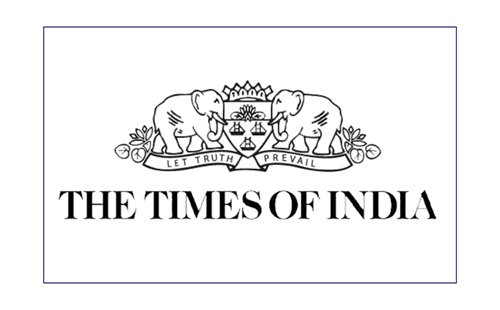Home minister Amit Shah, speaking recently at a function organised by the Police Research and Development Bureau, said in British era the police was raised to protect their interests, but now the duty of police was “protection of the people”, adding that since Independence more than 34,000 policemen across the country lost their lives in the line of duty. Shah was bang on target. But the question is: Are the police today really protecting the people or they are still obsessed with protecting the rulers and safeguarding their interests?
There have been any number of commissions at the central and state levels which have identified the malaise of political interference in the day-to-day functioning of police. The National Police Commission reported, as far back as 1979, “The relationship that existed between the police and the foreign power before Independence was allowed to continue with the only change that the foreign power was substituted by the political party in power.”
Indrajit Gupta, the only home minister (1996-98) who took up the cause of police reforms sincerely, in a letter dated April 3, 1997, and addressed to chief ministers of all states said, “Time has come when all of us may have to rise above our limited perceptions to bring about some drastic changes in the shape of reforms and restructuring of the police.” He went on to exhort the CMs to “break out of our colonial system of policing and bring about certain reforms and structural changes … in the administration of criminal justice in general and police functioning and practices in particular.”
The Status of Policing in India Report 2019 released recently by Common Cause, a reputed NGO, and the Centre for Study of Developing Societies also brought out that “political pressure continues to remain one of the biggest hurdles in crime investigation for the police”.
It was to deal with these and related problems that the Supreme Court gave a historic judgment on September 22, 2006, directing state governments to set up three new institutions: State Security Commission to insulate the police from extraneous pressures; Police Establishment Board to give autonomy to police in personnel matters; and Complaints Authorities to ensure a higher level of accountability by the police. Besides, it prescribed a transparent procedure for the selection of director general of police, giving him and other supervisory officers in the field two-year tenure, and laying down that investigation and law and order be separated in the metropolitan towns.
The directions were to be implemented by the end of 2006. However, 13 years have passed and the states are still dragging their feet.
Police reforms cover a much wider spectrum beyond the directions of the Supreme Court. There is huge shortage of manpower with more than five lakh vacancies, which need to be filled up. Infrastructure is deficient. Transport is inadequate. Housing facilities are dismal. Forensic support is minimal. Communication network is inadequate; we may be a formidable IT power but there are police stations in the country which have neither a telephone nor a wireless set.
Police reforms, it needs to be emphasised, are not for the glory of the police. These are to improve governance, make the police more accountable and create an environment where police considers upholding the rule of law as its paramount duty.
What is at stake? The democratic structure may itself collapse if police are not able to take lawful action against certain categories of criminals just because they have political clout. Unfortunately, such elements are managing to enter Parliament in increasing numbers.
We claim to have one of the fastest growing economies in the world. Sustained economic progress, however, requires stable law and order. According to an estimate, internal violence and external threats cost India nearly 9% of its GDP.
Besides, there are serious internal security challenges in different parts of the country – in J&K, in the north-east, and in large parts of central India where Maoists have spread their influence. The Centre has been extending massive assistance to state governments to deal with these, but with very limited success. This has been because of a fundamental flaw in our tactical approach.
Success in counterinsurgency depends on local police being in the vanguard of the battle while outside forces play a supplementary role. In India, it is the other way round. States think that it is Centre’s problem and the CAPF should be leading the charge. And so, the conflicts continue interminably. It is high time that the states are made to develop the capabilities of their police to be able to meet the challenges.
Thus, looked at from any point of view – improving control over crime, general law and order, preserving democracy, sustaining economic progress or dealing with internal security challenges – there is no getting away from reforming, reorganising and restructuring state police forces and giving them the necessary resources.
The prime minister and home minister have shown great courage in taking bold initiatives in several areas. Can the country look forward to its leaders showing similar initiative to transform the police into a professional, people friendly police?
Author- Prakash Singh





